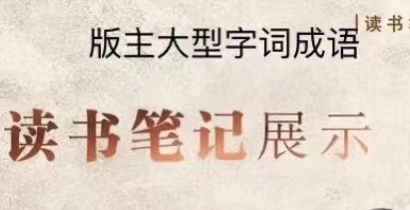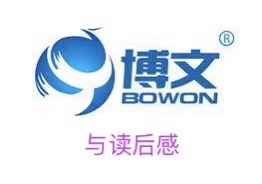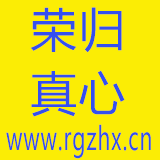The Dictionary of CEE English Words being published activated my idea to edit the one of English Words for CET, i.e. Band Four and Band Six. The whole Pengda had converted to basic English teaching and one unified teaching material was being used. The students were encouraged to attend Band Four and Six Examination. The dictionary I would edit aimed for the purpose. I had some psychological barriers and thought there were so many key universities organizing their students to attend the CET for almost a decade. They should have accumulated a lot of experience. I was a teacher of Pengda, which was a junior college and had just begun the CET examination. Could I do it well and must I underwrite the books?
In the spring of 1996, after the new semester opened, I went to Beijing to buy computers for the department and stayed in the guest house of Beijing University of Aeronautics & Astronautics (BUAA). I called its publishing house, mentally disturbed, and asked to speak to an editor in charge of English books. I told the editor that I had a selection of subject and wanted to talk with him in detail. When he got to know that I was in the guest house he said that he would come to my room. After exchanging our name cards, I got to know that the comer’s surname was Liang and given name Derun, almost as old as me. I showed him the dictionary of CEE words published by the National Defense University Press and told him that I wanted to enlarge it and turn it into one containing all the CET words and those of the graduate English entrance examination. I described some characteristics of my would-dictionary and showed some of my theses published in the academic journal of Shanghai International Studies University (SHISU), indicating my academic level. Mr. Liang said that the house had already published some dictionaries and this one we would edit must have its own characteristics, for example, identifying the level of words with proper signs. What I cared about was the contribution fee and whether I had to underwrite the books. After a wide talk without definite subjects, I could not help asking the subject. He said that contribution fee could be paid in three months after the publishing, ¥30 per one thousand words. In addition, there was a certain percentage of the number of the books printed as additional remuneration. Another form of the contribution fee was the royalty, 4% to 6%. It was for the first time I had heard the royalty. I knew nothing about it and showed interest in one-time total payment. If the new book had 800,000 words, the total sum would be ¥24,000, much more than the intermediary could pay.
Such an item being brought back was a delightful thing. Shihua Li was not familiar with the words of the CET, so I gathered some English teachers in our TRG (Teaching & Research Group) who were willing to take part in editing the book, gave out the methods of writing and some notes and divided the work. Naturally, most of the work would be done by myself. Furthermore, I took charge of checking and approving, and ensuring the unified form as well. A young girl was employed to put what we had written into the computer and set up the type. Being busy for one semester plus the summer vacation, I completed the whole job. At that time there was no email and I sent the floppy disk to Mr. Liang by registered post. After about three months, on 25th of November of 1996, Mr. Liang wrote me a letter, saying that some corrections must be performed and all the work was to be finished by himself. A publishing contract was enclosed and I was asked to sign and send it back to him.
After signing on the contract I thought that it was soon to come into being. Completely beyond my expectation, I waited one day after another, one month after another, until the end of 1997 and there was still no news. I longed for stars and the moon, hoped the sun would rise in the deep mountain. When entering 1998 and the spring festival was one month over, finally, I got some copies of sample books from Mr. Liang.
This book was named “Dictionary for the Usage of the CET Words”. It had 883,000 words, and 543 pages (32K format), three times that of CEE Words. I especially like the ridge of the book, neat and smooth, which was said to be done by a new machine. Only modern large printing house had such an equipment. This was the first book I contacted the publishing house directly and had no underwriting duty and the copyright belonged to me alone. I had such a feeling that I looked like a real author now. I was so delighted and decided to invite all the co-authors to a party to celebrate it. Although we didn’t need to sell books, all the teachers present were willing to recommend the book to their students. I called Mr. Liang, telling him that we were willing to sell some books. I ask him to send us 500 books and deducted money from the contribution fee. In fact, we sold altogether more than 1000 books. As a result, we got the contribution fee ahead of time. Because the book contained 150,000 words belonging to Shihua Li, I gave him ¥4500, letting him taste the copyright’s worth.
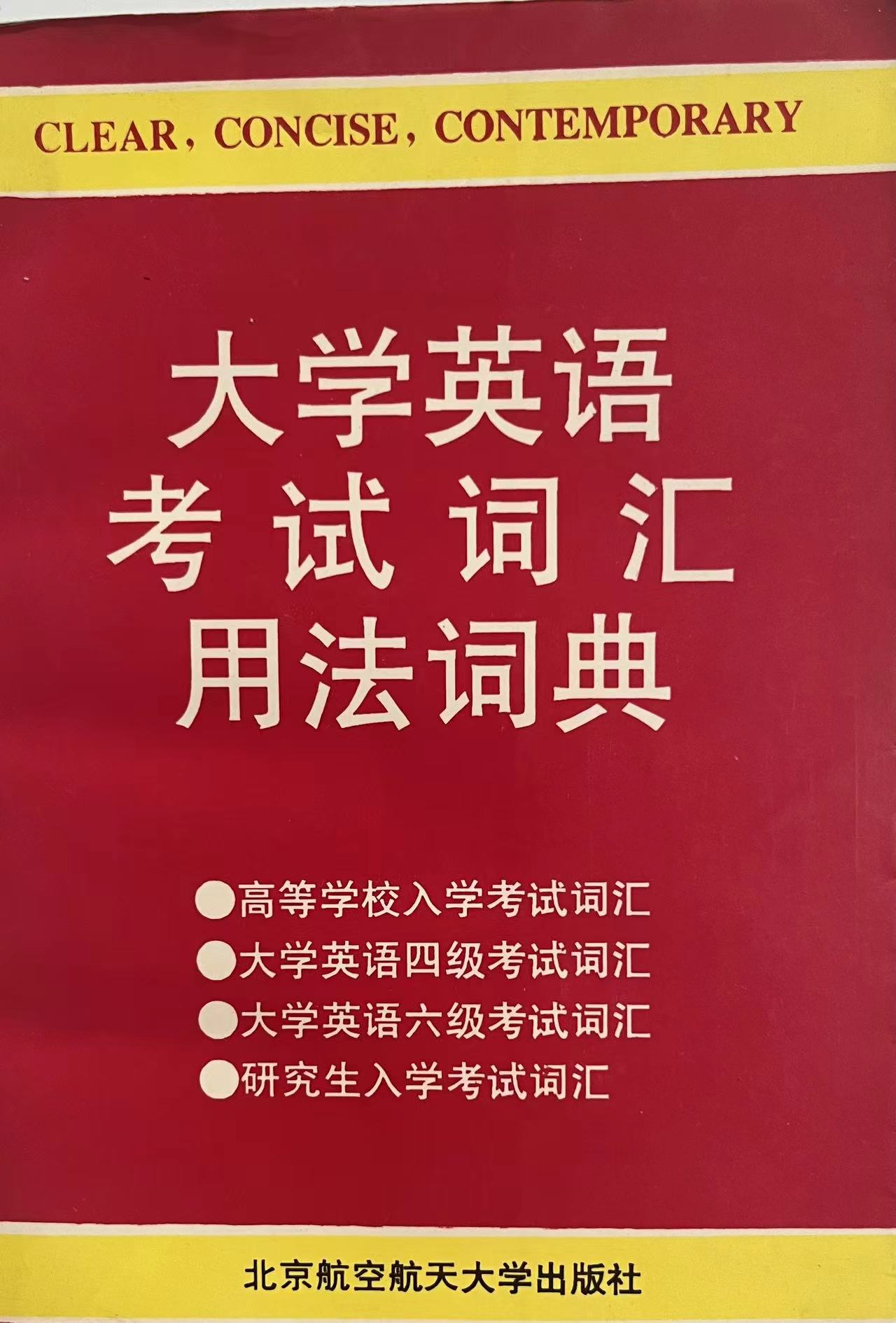 | 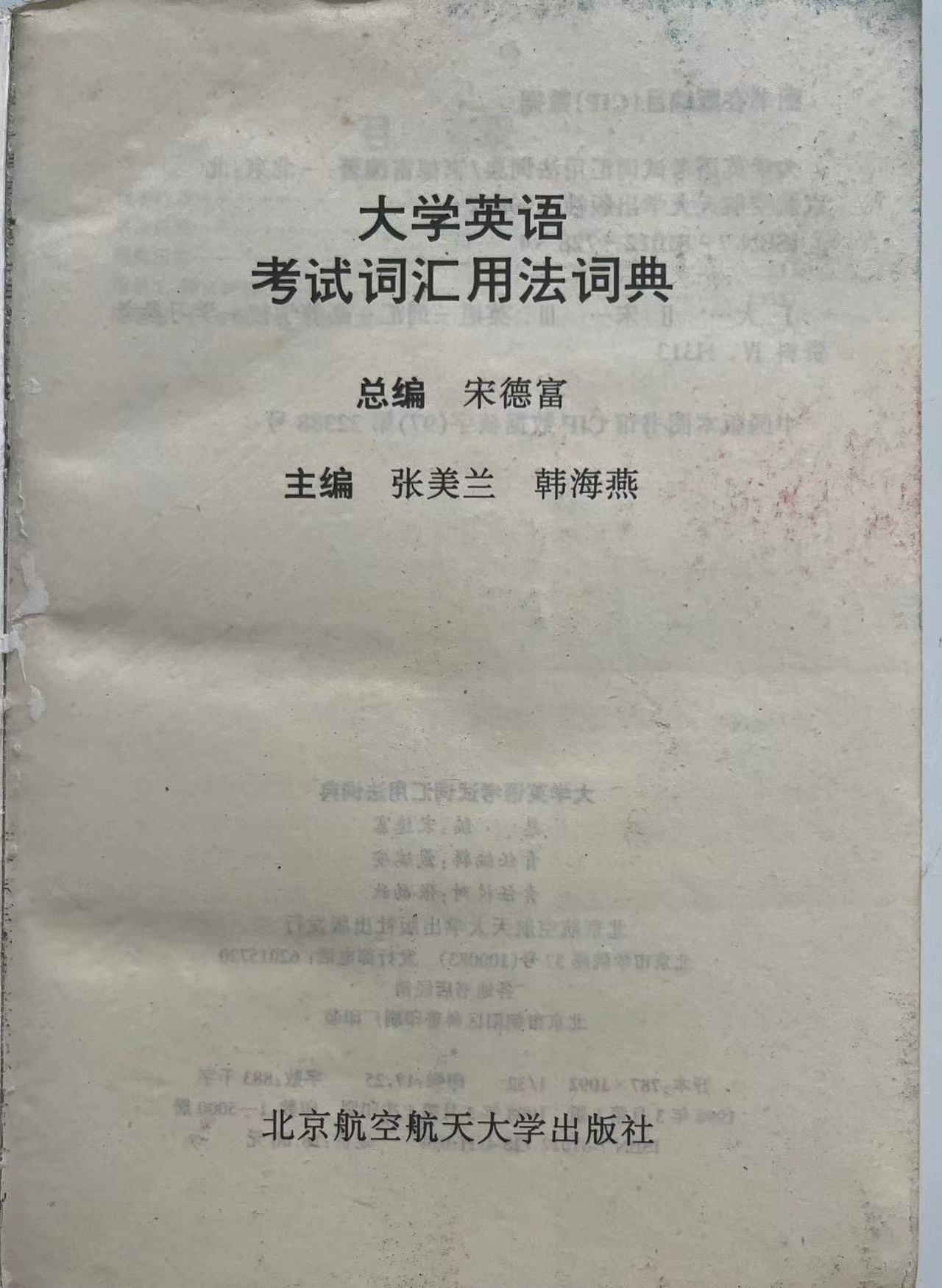 |
Dictionary for the Usage of the CET Words
Up to now I was still keeping the bill sheet of the contribution fee sent to me by the BUAA Publishing House on September 14th of 1999. One time contribution fee was ¥26490. The book was printed 4 times, altogether 19,000 copies. The fee of the number of the books printed was 4025.80. The total sum was ¥30515.80. I could not swallow it alone. As mentioned above, I paid Shihua Li ¥4500; the co-authors’ fee, ¥2000; and the girl in charge of putting what we wrote into the computer and typesetting got ¥3000. I earned ¥20,000 plus the commission of selling books. In the year of 2000, my month salary was ¥1354 and the actual number I could get was ¥1258. So my yearly salary at that time was ¥15600. Now the remuneration was over the yearly salary, indicating the new stage of my income.
Dictionary for the Usage of the CET Words was a good selected topic, whose market was very large. The year when the book came into exist, i.e. in 1998, the national colleges and universities enrolled 1,080,000 students. The number grew year by year and in 2009, the number of the enrollment of the colleges and universities was 6,290,000. The books the students read formed a great industry, but the competition was fierce. The number of publishing houses reached 580, according to the statistics of the year of 2009. The 21st century saw the foundation of many cultural companies, which were not qualified to publish books but cooperated with those presses which were not able to promote and sell their products. Actually they sold the approved publishing numbers of books and the whole process was completed by a cultural company. Mr. Liang asked me to sign an agreement for the second version of Dictionary for the Usage of the CET Words with 6% royalty. By the way, the royalty was not a tax. It is a stream of payments for use of a certain type of asset, including a copyright. The price of this book was ¥25, each copy sold, the publishing house would pay me ¥25 x 6%=¥1.5. It was pity that the manager of the sales department of the BBAA Publishing House was not skillful, nor diligent in promoting and selling. I didn’t remember my obtaining any royalty. In order to protect my copyright, I reprocessed the book, turned it into two books, one for the use of junior and senior students attending Band 3 and Band 4 examination, 680,000 words, and the other for the use of those attending Band 4, band 6 and graduate entrance examination, 1,000,000 words. Because something unfortunate happened to me in the spring of 2001 (I fell from my motorcycle and broke the left thighbone), I had no choice but to ask the intermediary for help and signed two publishing agreements with one-time payment, 20 and 25 yuan per a thousand words. The two dictionaries were published in 2002 and 2003 respectively. There were so many English dictionaries for the college students that you could not count. New digital type-setting technology made books beautiful and attracting. After 2003, I gave up the idea of writing and publishing dictionaries. That my books published reached to the hands of cultural companies meant losing the copyright completely. They made superficial changes plus only a few new contents related to the changes of CET and made full use of the computer’s technology. A new book with a fashion name came to the market, as easy as to turn one’s hand.
Nov. 24 of 2010 in Xuzhou
Proofreading on March 11 of 2012, in Chicago
Uploading on Aug. 6 of 2023, in Xuzhou



